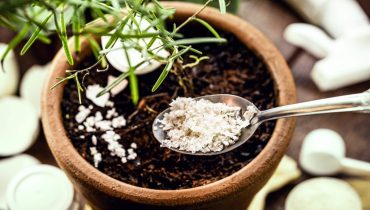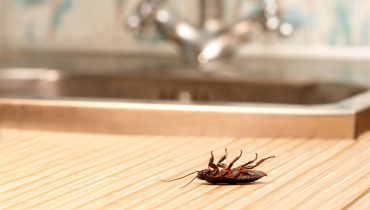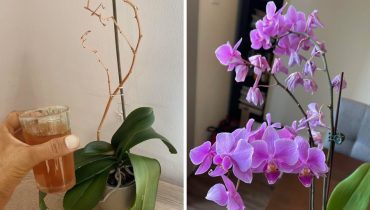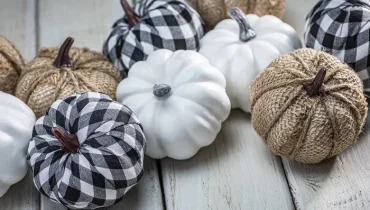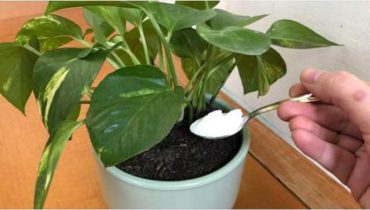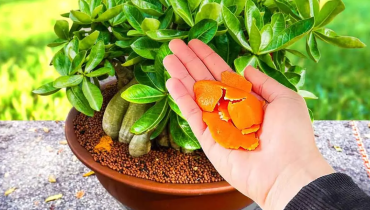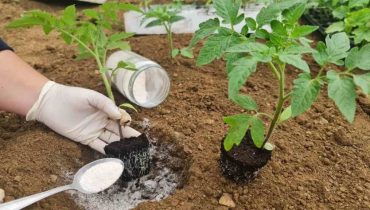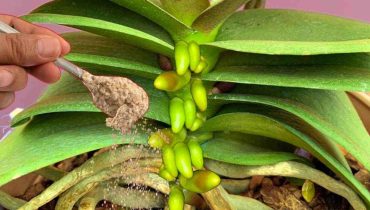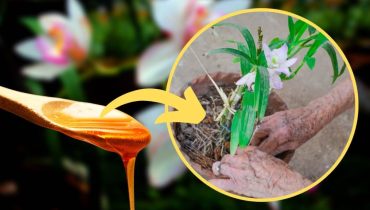How to Get Rid of Spiders on a Budget
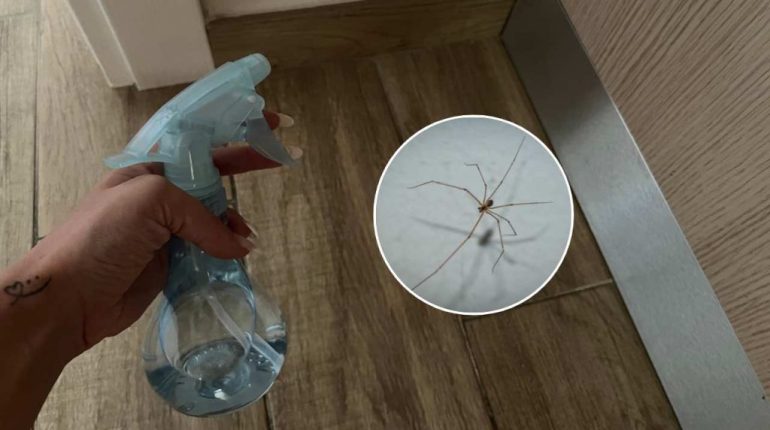
Posted October 11, 2023 by: Admin
There is a straightforward way to eliminate spiders from your home for under $1.
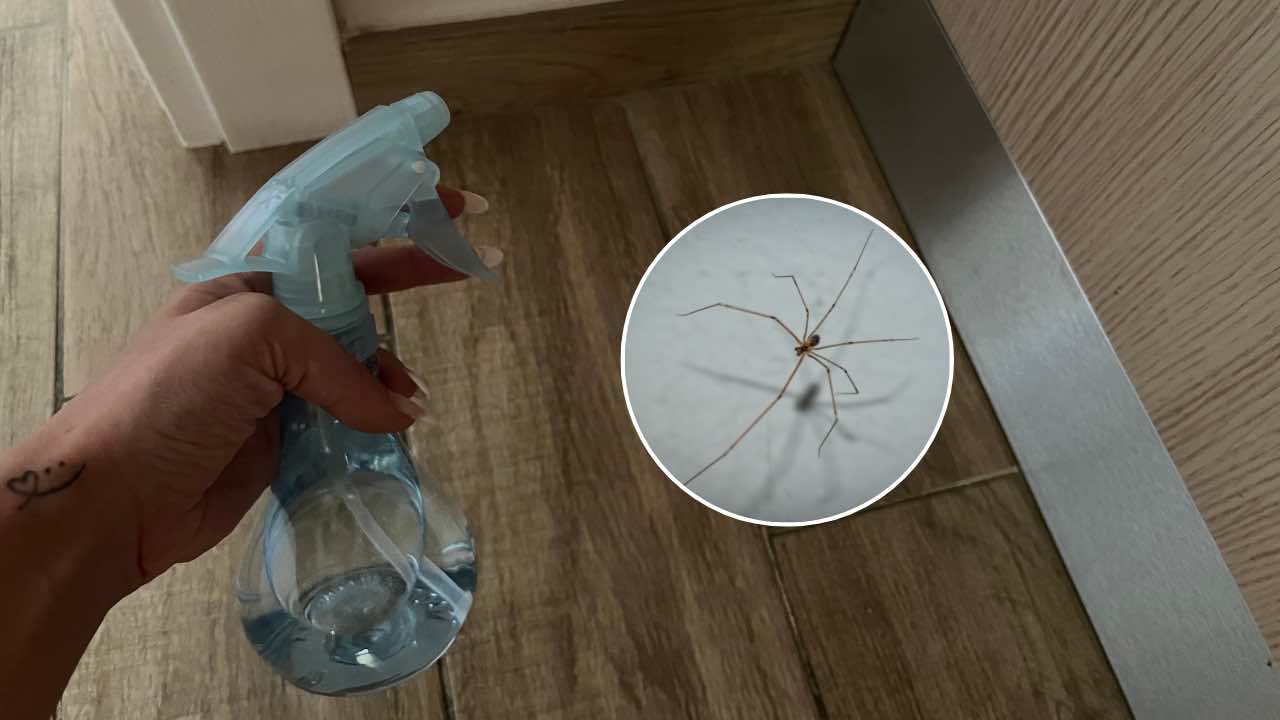
Spiders often enter homes, either in search of shelter or to find insects to feed on. They are small creatures, with thousands of species distributed worldwide. However, maintaining a clean house is often insufficient to discourage spiders from settling in. Various natural methods can be employed to keep them away from domestic spaces. To learn how to naturally rid your home of spiders while spending less than one euro, we invite you to read what is reported.
What Attracts Spiders to the House
Spiders, belonging to the arachnid family, inhabit various locations and primarily feed on other insects, although some are vegetarians. They are adept at nesting in the most unexpected places, being particularly drawn to cracks, crevices, the backs of furniture, and ceilings, where they nest and spin their webs.
It is evident that spiders are attracted to other insects present in homes. Spiders are also attracted to plants as they provide them with shelter. Dense plant species like ivy serve as a viable hiding place for a spider to live and feed. Furthermore, spiders are fond of warmth and shelters where they can peacefully dwell.
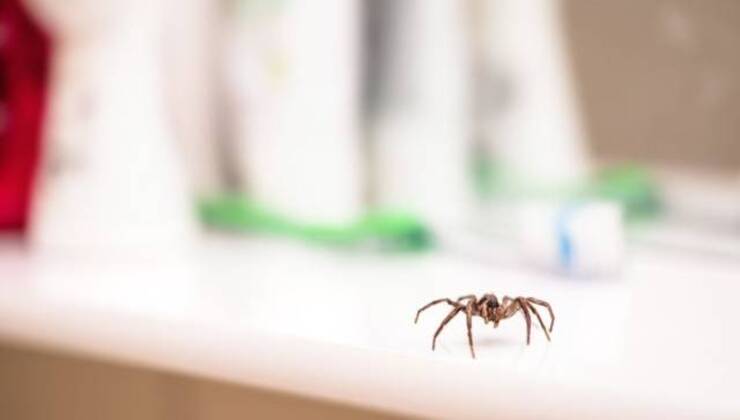
It is advisable to frequently inspect for spider webs among indoor plant branches. Spiders love infiltrating small cracks, so to prevent them from entering the house, you must seal the holes and resort to natural spider repellents.
Spider Diet
Spiders primarily feed on insects, making them carnivorous. These intriguing creatures have a diet that varies depending on their species and the environment in which they live. These eight-legged creatures delight in consuming flies, ants, mosquitoes, cockroaches, crickets, and moths.
There are various types of carnivorous spiders that capture their prey by spinning webs, jumping, digging burrows in the ground, or camouflaging themselves. Spiders produce a substance they use to construct webs and trap their prey. To feed, spiders suck the internal fluids from their prey until they are completely dry.
Some species of giant spiders feed on lizards and frogs, while others are herbivorous, consuming nectar from certain plants. It’s worth noting that spiders can survive for extended periods without food, but once they have consumed a substantial number of prey, they can go without food for weeks.
Naturally Eliminate Household Spiders
These small creatures, beneficial to the ecosystem, should be relocated outside and never killed. The simplest and most effective method for preventing spiders in the house is to eliminate any spider webs as soon as they appear. To keep spiders away for less than a dollar, simply use peppermint oil. Prepare a mixture of peppermint oil and water and spray it in the corners around doors, ceilings, windows, and window sills.
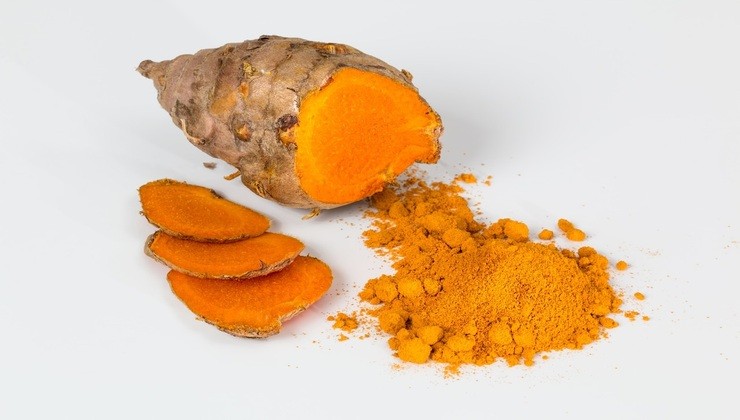
Another effective method to deter spiders from the house is using turmeric. Turmeric is characterized by its strong odor, which repels insects. Turmeric can be placed in plant pots and in locations where it keeps spiders away. Having some aromatic plants in the house, near the edges and windows, such as thyme, mint, or lemongrass, appears to deter insects, including spiders.
Red wine vinegar is also a good way to keep spiders and other insects away. Simply spray a mixture of vinegar and water along doors and windows to repel them. Diatomaceous earth is a powder obtained from a rock and can be used to disinfect the house from spiders. Lastly, to eradicate spiders and their webs, you can use chestnuts, placed near doors and windows, as their scent appears to be disliked by spiders.

